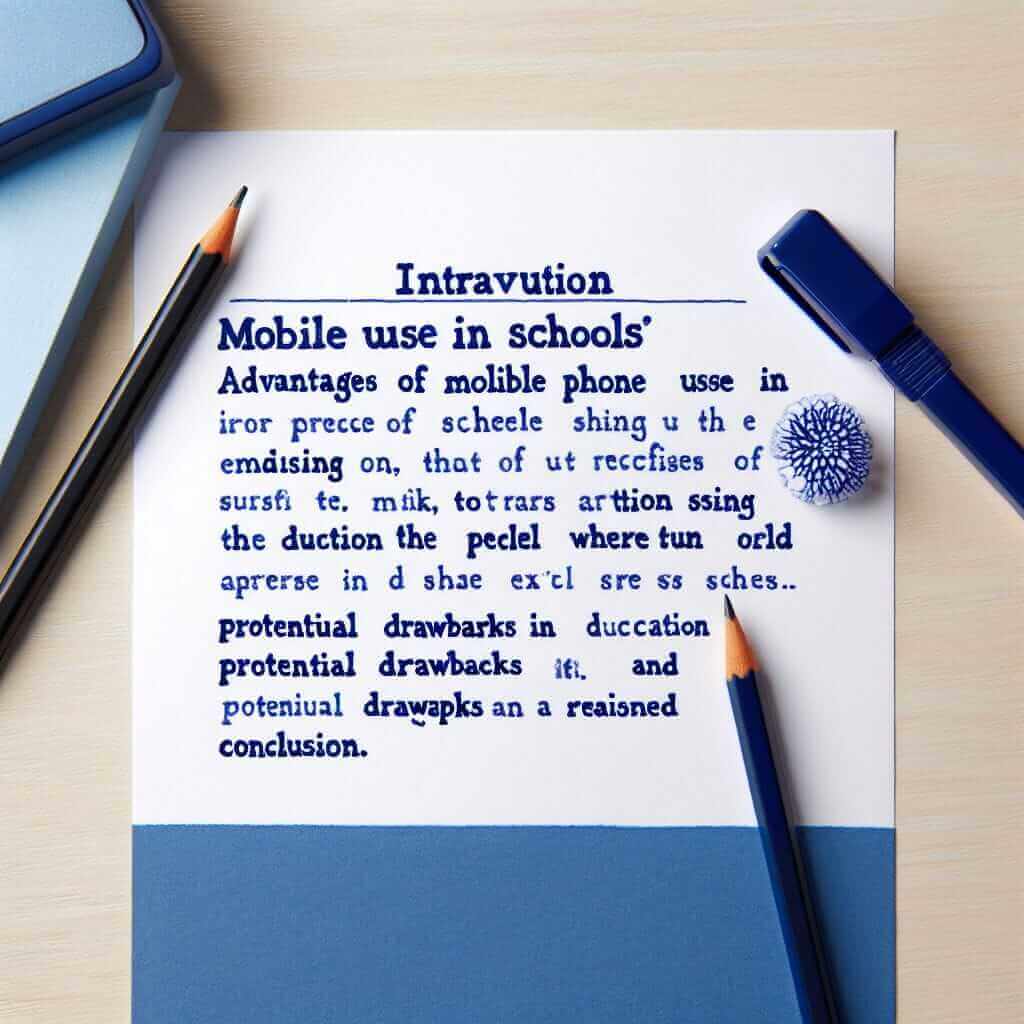Achieving a Band 8 in IELTS Writing is a common goal for many test-takers. It reflects a strong command of the English language and the ability to produce well-structured, coherent, and grammatically accurate essays. Whether you’re aiming for academic success or professional advancement, a Band 8 can significantly enhance your opportunities. But how can you elevate your writing to this level? This comprehensive guide, crafted from my 20 years of experience as an IELTS instructor, will provide you with invaluable insights and practical strategies to help you reach your full potential in the IELTS Writing test.
Understanding the Requirements for Band 8 Writing
Before delving into specific strategies, it’s crucial to understand what IELTS examiners look for in a Band 8 essay. The IELTS Writing test assesses your writing abilities across four key criteria:
Task Achievement:
At Band 8, you must fully address all parts of the task, presenting a well-developed response that directly answers the question. Your ideas should be relevant, clear, and supported with strong arguments and examples.
Coherence and Cohesion:
Your essay should flow smoothly, with a logical structure that guides the reader through your ideas. Effective use of cohesive devices, such as linking words and phrases, is essential to create a unified and coherent piece of writing.
Lexical Resource:
A wide range of vocabulary is crucial for achieving a Band 8. You need to demonstrate your ability to use less common words and phrases accurately and appropriately, showcasing your flexibility and precision in language use.
Grammatical Range and Accuracy:
Grammatical accuracy is paramount. At Band 8, you should aim to use a variety of complex grammatical structures with minimal errors. Your sentences should be error-free and demonstrate your mastery of English grammar.
Effective Strategies to Elevate Your Writing to Band 8
Now that you understand the assessment criteria, let’s explore proven strategies to help you enhance your writing skills:
1. Expand Your Vocabulary:
- Read Widely: Immerse yourself in English texts, such as academic journals, newspapers, and novels, to encounter new vocabulary in context.
- Keep a Vocabulary Journal: Jot down unfamiliar words and their definitions. Regularly review and practice using these words in your writing.
- Learn Synonyms and Collocations: Explore synonyms for commonly used words and learn common collocations to add variety and sophistication to your language.
2. Master Grammar and Syntax:
- Review Grammar Rules: Ensure a firm grasp of essential grammar concepts, including tenses, articles, prepositions, and subject-verb agreement.
- Practice Sentence Structures: Experiment with different sentence structures, such as complex and compound sentences, to add variety and fluency to your writing.
- Proofread Religiously: Carefully check your work for grammatical errors before submission. Consider using grammar checking tools to aid in this process.
3. Structure Your Essays Effectively:
- Plan Before You Write: Spend a few minutes outlining your essay before you begin writing. This will help you organize your thoughts and ensure a logical flow of ideas.
- Use Paragraphing Effectively: Divide your essay into clear paragraphs, each focusing on a distinct aspect of the topic.
- Craft Strong Introductions and Conclusions: Your introduction should engage the reader and clearly state your thesis, while the conclusion should summarize your main points and offer a final thought.
4. Develop Strong Arguments and Support:
- Analyze the Question Carefully: Fully understand the task requirements and brainstorm relevant ideas and supporting evidence.
- Provide Clear Examples: Support your arguments with specific and detailed examples to illustrate your points effectively.
- Use Evidence and Data: Where relevant, incorporate factual information, statistics, or expert opinions to strengthen your claims.
5. Practice Regularly and Seek Feedback:
- Write Regularly: Practice writing essays on a variety of IELTS topics to build fluency and confidence.
- Seek Feedback from Experts: Have your writing assessed by experienced IELTS instructors or tutors to identify areas for improvement.
- Analyze Sample Essays: Study high-scoring IELTS essays to understand the elements of successful writing.

Example from IELTS Writing Task 2:
Topic: Some people believe that children should be allowed to use mobile phones in school, while others argue that this should be prohibited. Discuss both views and give your own opinion.
Band 8 Essay Excerpt:
“While the integration of technology into education has become increasingly prevalent, the use of mobile phones in schools remains a contentious issue. Proponents of allowing mobile phones in the classroom argue that these devices can serve as valuable educational tools, providing access to a wealth of information and facilitating interactive learning experiences. For instance, students can use their phones to conduct research, collaborate on projects, and access educational apps that supplement traditional teaching methods. However, opponents contend that mobile phones pose significant distractions in the learning environment and can hinder students’ ability to focus on their studies. They argue that the constant notifications, social media alerts, and access to entertainment apps can detract from students’ attention spans and impede their academic progress.”
Tips for Success:
- Use a range of grammatical structures, including complex sentences and a variety of tenses.
- Employ less common vocabulary accurately and naturally.
- Ensure your handwriting is legible and your essay is well-organized.
- Manage your time effectively to allow for planning, writing, and proofreading.
Conclusion:
Improving your IELTS writing to a Band 8 level requires dedication, focused practice, and a strategic approach. By expanding your vocabulary, mastering grammar, structuring your essays effectively, developing strong arguments, and seeking regular feedback, you can significantly enhance your writing skills and achieve your desired score. Remember that consistent effort and perseverance are key to unlocking your full potential in the IELTS Writing test.